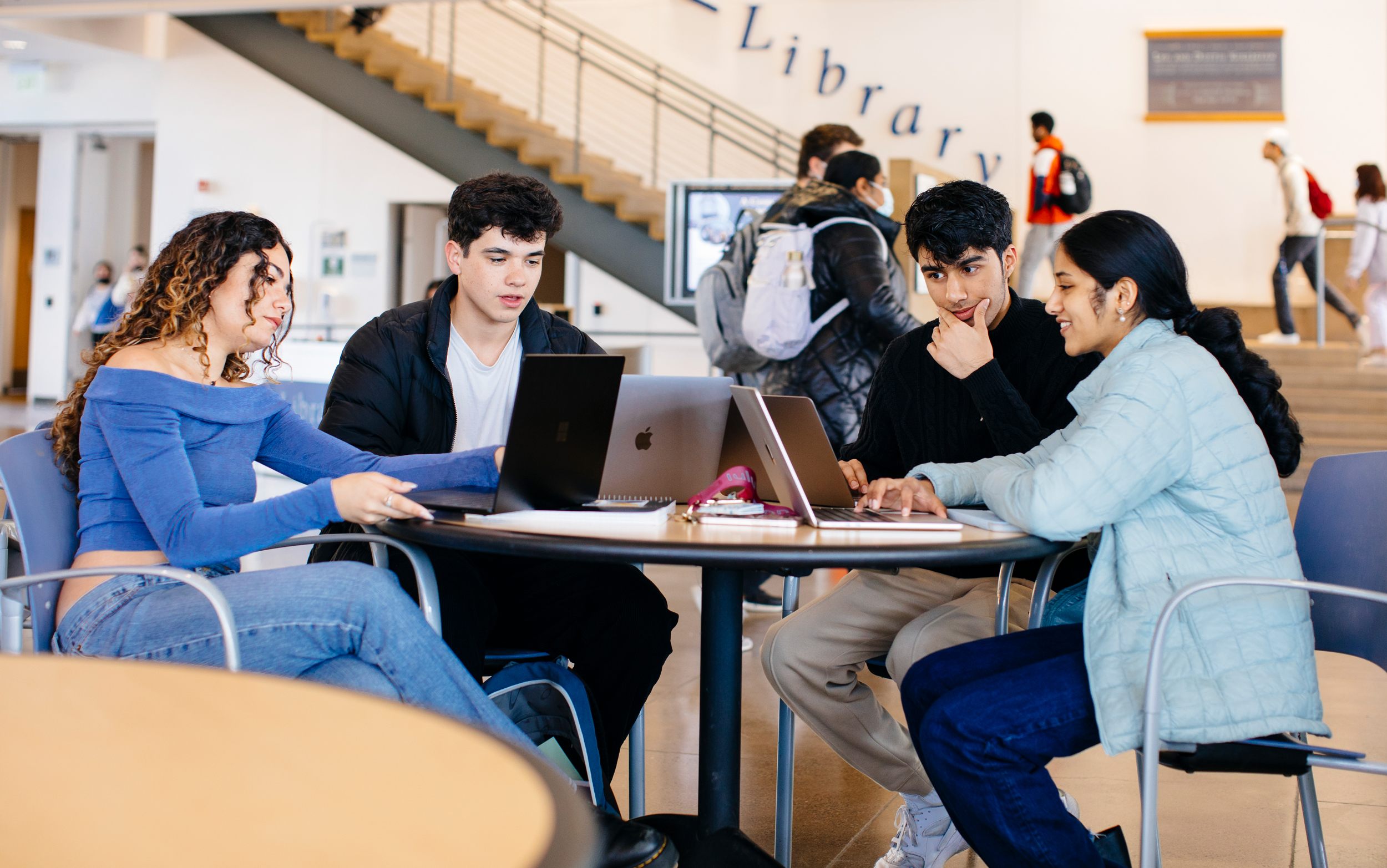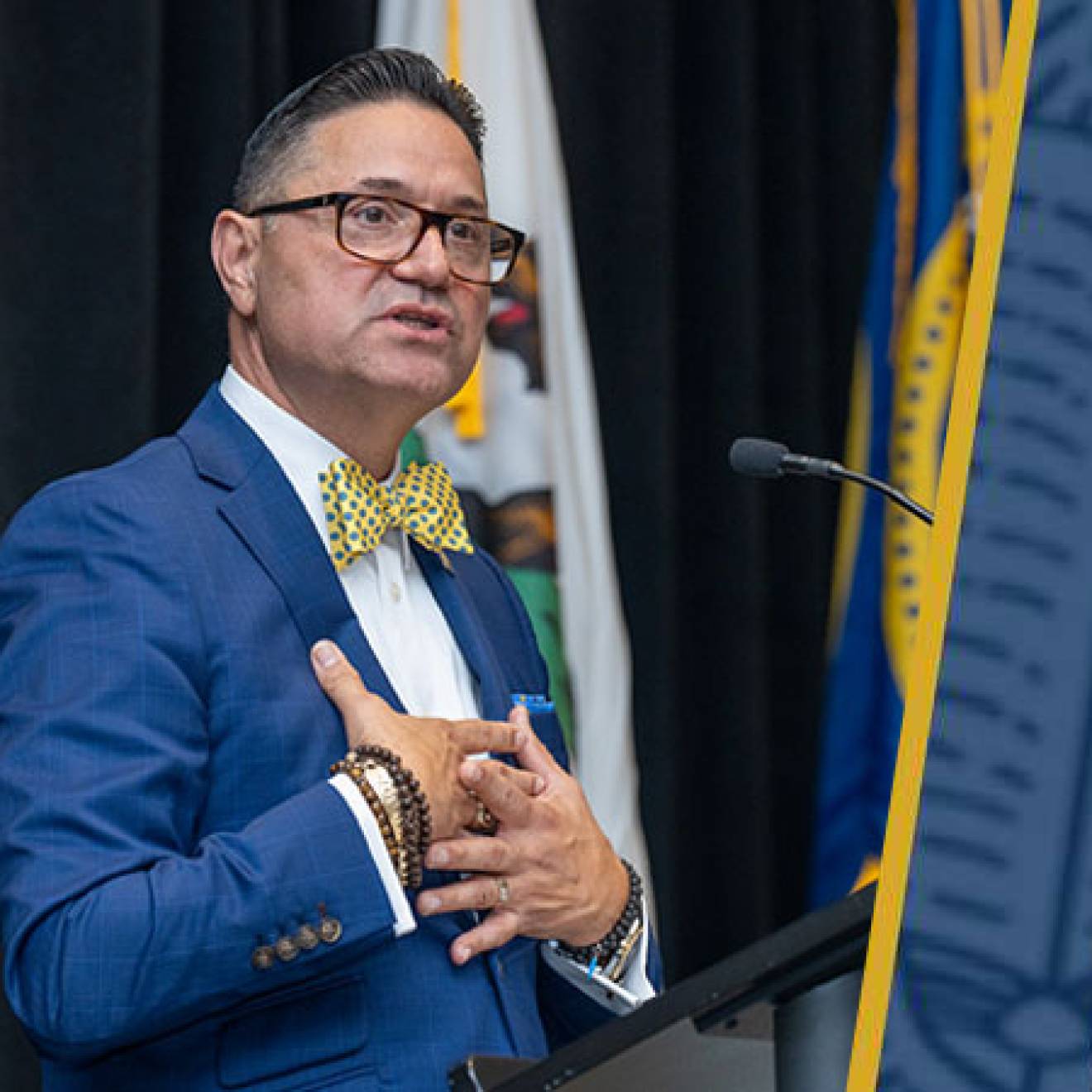Ivan Natividad, UC Berkeley

The women’s rights movement of the early 19th century set the stage for a cultural shift and a reexamination of what it meant to be a woman in America. But while many elite private universities across the country didn’t admit women as students until women’s suffrage was accepted and ratified in the early-to-mid-1900s, UC Berkeley refused to wait.
On Oct. 3, 1870, just two years after the University of California was founded, the UC Board of Regents unanimously approved a resolution proposed by Regent Samuel F. Butterworth to open the university’s doors in UC Berkeley to women, and “on equal terms” with men.
This year, the campus will commemorate the 150th anniversary of that resolution and recognize the countless women who have studied, worked and researched at UC Berkeley since then.
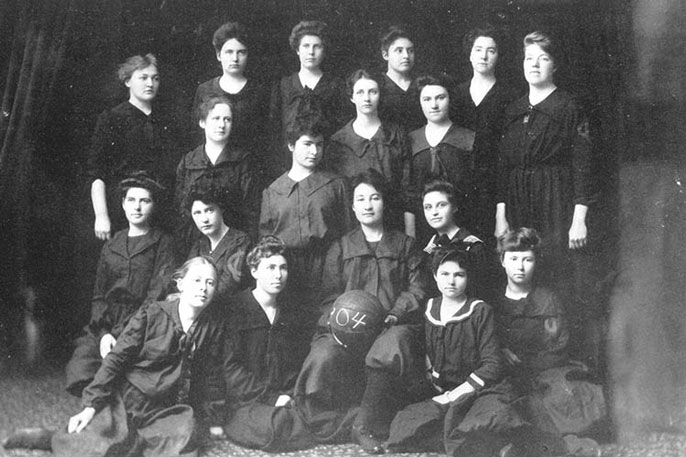
Courtesy the 150W History Project
The celebration, “150 Years of Women at Berkeley,” or 150W, for short, will feature a yearlong series of events and activities that compile and present an archive of historical information covering the last 150 years of women at the university. The festivities officially launched last Sunday, when the women’s basketball teams at Cal and Stanford squared off at Haas Pavilion. The two teams competed in 1896, 125 years ago, in the world’s first women’s intercollegiate basketball game.
“This commemoration is a time to celebrate women and their contributions to the university, while also taking the opportunity to support and organize efforts to explore the history of women on the Berkeley campus,” said professor Oliver O’Reilly, chair of the UC Berkeley division of the Academic Senate, which, along with Chancellor Carol Christ, is sponsoring the observance.
O’Reilly and Sharon Inkelas, Special Faculty Advisor to the Chancellor on Sexual Violence and Sexual Harassment, are members of the 150W Executive Committee, a five-member group that also includes La Dawn Duvall, executive director of UC Berkeley’s Visitor and Parent Services, and Jill Finlayson, director of the Women in Technology Initiative at the University of California. Campus Ambassador, Briana Kaler, an undergraduate student, is also on the committee.
These campus community members are among those helping to organize 150W and its history project, a comprehensive online archive that will chronicle the stories of UC Berkeley women within the broader context of gender diversity. It will include historical photos, watershed moments, “firsts” by UC Berkeley women, a timeline of women in Cal sports and major public service contributions by students and alumni.
Credit: UC Berkeley video by Roxanne Makasdjian and Stephen McNally
Among the women to be highlighted are Rosa Scrivner, the first woman admitted to UC Berkeley, who graduated with a degree in agriculture in 1874, and alumna Hazel Hotchkiss Wightman, also known as “Lady Tennis,” who in 1915 became the first mother to win a professional tennis championship. Stories of UC Berkeley’s many outstanding female graduate students also are being collected; an example is Milicent Washburn Shinn, who in 1898 earned a Ph.D. in education. She was the first woman to do so at UC Berkeley.
Duvall says sharing stories of campus women from the past and present is a way to reflect on UC Berkeley’s diversity.
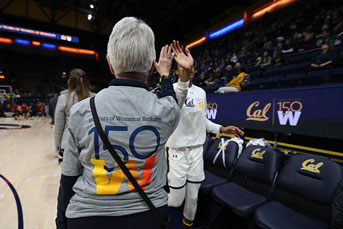
Credit: Al Sermeno/KLC Fotos
“I have loved contributing to this campus and making a mark for nearly 30 years; to be a part of this legacy is amazing,” Duvall said. “It means a lot. My heart is full every time (the executive committee) sits down to coordinate the yearlong series of events.”
The campus also will honor remarkable women on banners across the campus.
“There is a difference between saying we aspire to diversity and equality and actually doing it and celebrating it,” said Inkelas. “This is our way of doing it.”
The 150W project will include an effort to welcome new women to campus, whether they be faculty, staff or students. The project’s logo will be featured on acceptance letters sent to new students and play a prominent role on April 18, during Cal Day, when newly admitted students are welcomed to campus.
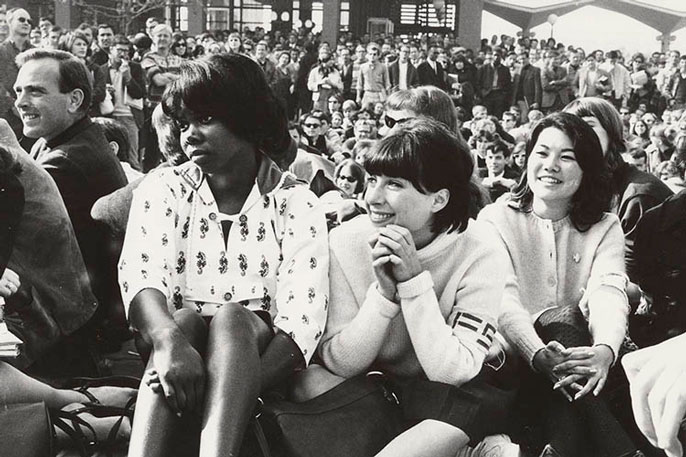
Credit: 150W History Project
Kaler, 21, is an economics major and the first woman in her family to go to college. She says the celebration at Cal Day will show prospective students UC Berkeley’s commitment to celebrating its history of gender diversity in all forms.
“I am grateful to be able to be a part of our historical celebration,” said Kaler. “As a student, I have learned about how historic and current UC Berkeley women have impacted our campus and world. It’s an experience I’ll always carry with me.”
For more information about 150W and to make contributions to this commemoration, visit the celebration’s website.
